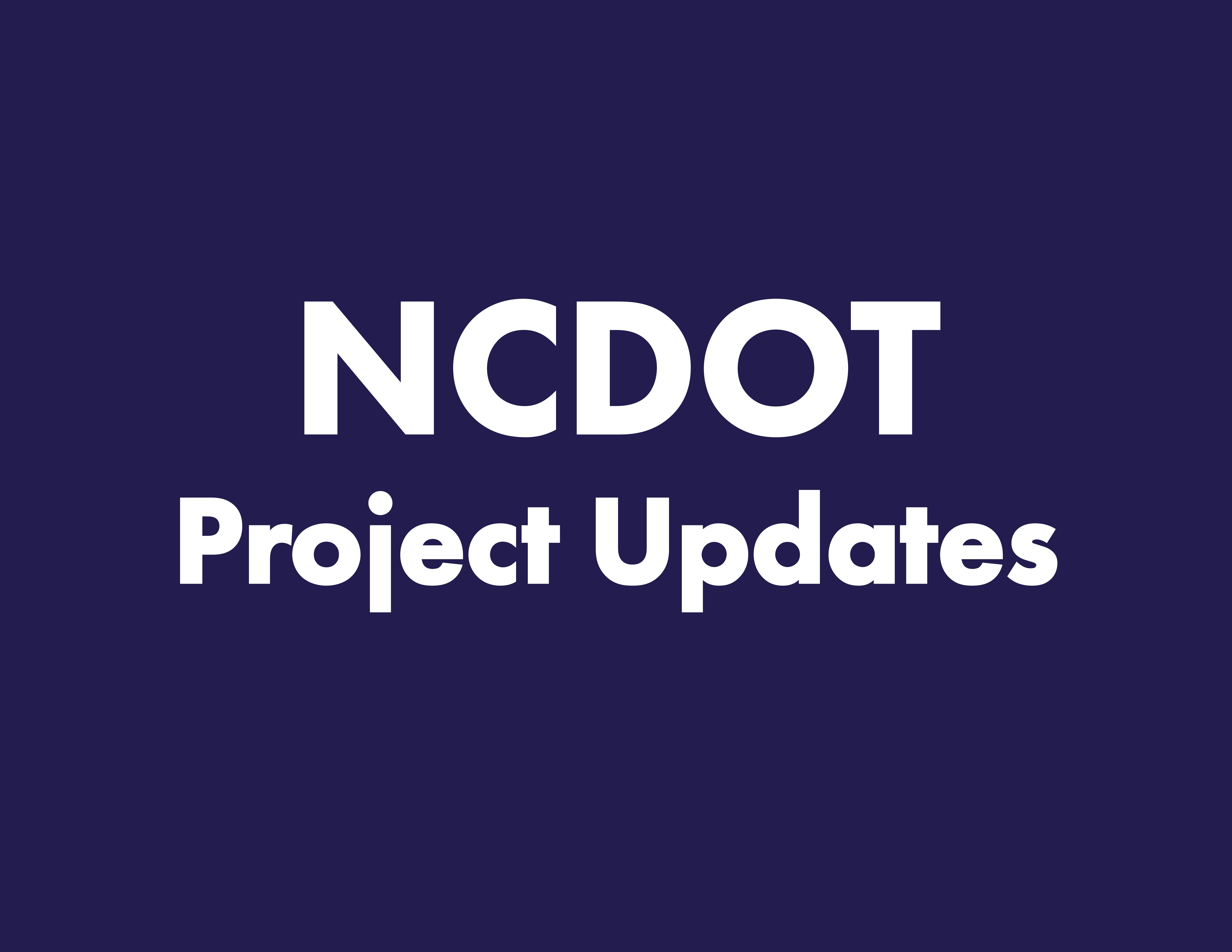The North Carolina Department of Transportation (NCDOT) is currently working on several major transportation projects in Wake County. These projects include road expansions, bridge replacements, and new transportation corridors. With the county’s population expected to continue to grow, the NCDOT is working diligently to improve the area’s transportation infrastructure to better serve the needs of residents and commuters. Listed below, we take a closer look at the ongoing DOT projects in Wake County.
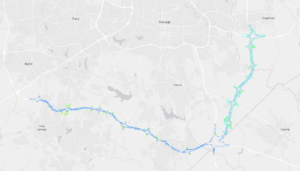
Complete 540
Estimated Cost: Approx. $2.2 Billion
Start Date: 2019
Segment NC 55 Bypass to I-40 will be open to traffic 2024
Final Completion Date: TBD
STIP Number: R-2721A, R-2721B, R-2828, R-2829
The “Complete 540” project will extend the Triangle Expressway from the N.C. 55 Bypass in Apex to the US 64/US 264 Bypass in Knightdale, completing the 540 Outer Loop and connecting Apex, Cary, Clayton, Garner, Fuquay-Varina, Holly Springs and Raleigh. The project involves building 28 miles of new tolled highway and upgrading 7 miles of existing roadways, improving mobility and connectivity in the region. According to the NCDOT, this will reduce travel time and improve mobility for commuters, with estimated travel times from US 1 to NC 55 being reduced from 30 minutes to just 10 minutes.
The project’s estimated cost is $2.2 billion, with a significant portion coming from toll revenues. The impact of the project includes reducing congestion on local roads, improving access to employment centers, supporting economic growth and development, and enhancing the overall transportation network in the region.
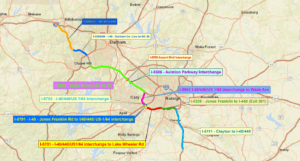
I-40 Corridor: Triangle Improvements
Estimated Cost: $1.8 billion
Start Date: 2013
Completion Date: TBD
STIP Number: I-6006, I-5943, I-570, I-5111
The “I-40 Corridor: Triangle Improvements” project by the North Carolina Department of Transportation (NCDOT) aims to improve a 26-mile stretch of I-40 between the I-440/US 1 interchange in Raleigh and the I-40/I-85 interchange in Durham. According to the NCDOT, this will reduce travel times by up to 20 minutes during peak hours. This will involve adding lanes, improving interchanges, and upgrading bridges to address congestion and safety issues.
The project’s estimated cost is $1.8 billion, with funding coming from a mix of federal and state sources. The impact of the project includes reducing congestion and travel time, enhancing safety, and supporting economic growth and development in the region. However, some concerns have been raised about the environmental impact of the project and the potential disruption to local communities during construction.
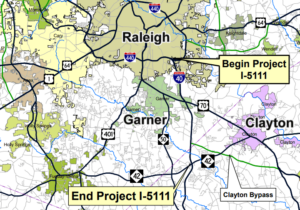
I-40 Widening: Southeast Raleigh to Clayton
Estimated Cost: $360 million
Start Date: Fall 2018
Completion Date: 2024
STIP Number: I-5111, I-4739
The “I-40 Widening: Southeast Raleigh to Clayton” project aims to widen a 12-mile stretch of I-40 between southeast Raleigh and Clayton, adding one lane in each direction to address congestion and safety issues. This will involve upgrading interchanges, bridges, and ramps, as well as improving pedestrian and bicycle facilities.
The project’s estimated cost is $360 million, with funding coming from a mix of federal and state sources. According to the NCDOT, the project is expected to reduce congestion and travel time by 30%, with the addition of new lanes, upgraded interchanges, and other improvements. This will benefit the approximately 90,000 vehicles that travel on I-440 and the 22,000 vehicles that travel on Blue Ridge Road daily.
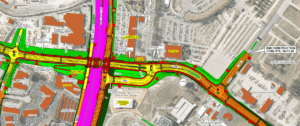
I-440 & Blue Ridge Road Improvements
Estimated Cost: $475 Million
Start Date: Fall 2019
Completion Date: 2024
STIP Number: U-2719, U-4437
The “I-440 & Blue Ridge Improvements” project aims to improve a 7.5-mile stretch of I-440 between the I-40/US 64 interchange and the US 1/US 64 interchange, as well as a 2-mile stretch of Blue Ridge Road in Raleigh. This will involve adding lanes, upgrading interchanges and ramps, and improving pedestrian and bicycle facilities.
The project’s estimated cost is $475 million, with funding coming from a mix of federal and state sources. The benefits of the project include reducing congestion and travel time, improving safety, and enhancing the overall transportation network in the region. The project is also expected to support economic growth and development in the area, while providing better access to key destinations such as universities, hospitals, and employment centers.
For more information visit the NCDOT website, found here


